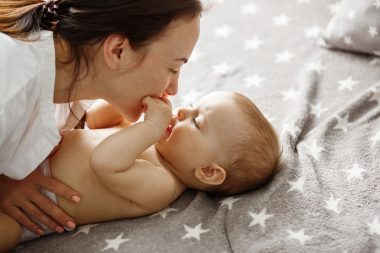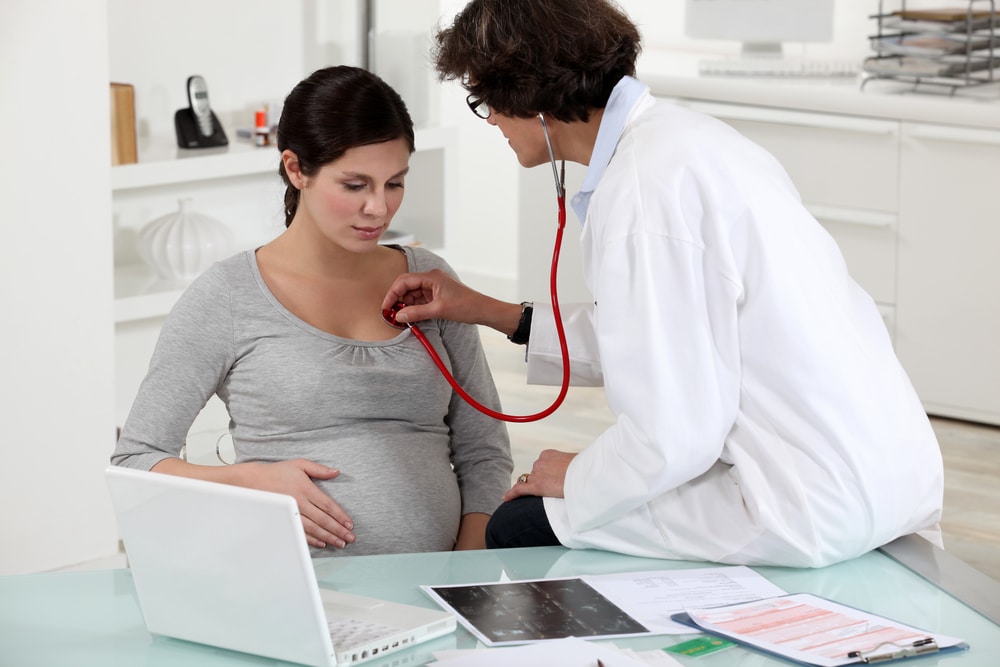Pregnancy intervention programs have the goal of deterring teenage pregnancies. These programs provide educational resources and in many cases include lifelike robot babies. Teenage girls are given the baby simulators for several days with the intention of demonstrating the difficulty of caring for a baby. However, a new research study suggests that these baby simulators have the opposite affect: girls that were given the baby simulators were 36 percent more likely to become pregnant than girls who participated in the study who received only educational intervention. Researchers propose several reasons for this unintended affect. Among the reasons are the short time frame that the girls have to care for the simulated babies does not allow enough time for the long-term impact of caring for a baby to be realized. This may suggest that caring for a baby may be easy and fun. Also, the baby simulators attract a lot of positive attention from friends and family that girls may find desirable.
Key Points:
- 1These results run counter to the intention of the program, which has been implemented in as many as 89 countries worldwide. It should make school districts think twice about employing baby simulators in their pregnancy prevention efforts, Brinkman said.
- 2For this study, more than 1,260 girls aged 13 to 15 in the Perth, Australia metropolitan area took a six-day pregnancy prevention class that included taking home the baby simulator for a weekend. Another 1,567 girls participated in the control group and received standard health education.
- 3Based on what’s known about the developing teenage brain, it’s very likely that girls caring for a baby simulator would come to the “counterintuitive” conclusion that motherhood might be easy and fun, said Bill Albert, chief program officer of the National Campaign to Prevent Teen and Unplanned Pregnancy in Washington, D.C.
Australian girls given a baby simulator for a weekend were 36 percent more likely to become pregnant during their teenage years, compared to girls in a control group who only received standard health education, researchers found.
Read the full article at: https://medlineplus.gov/news/fullstory_160619.html








Reply